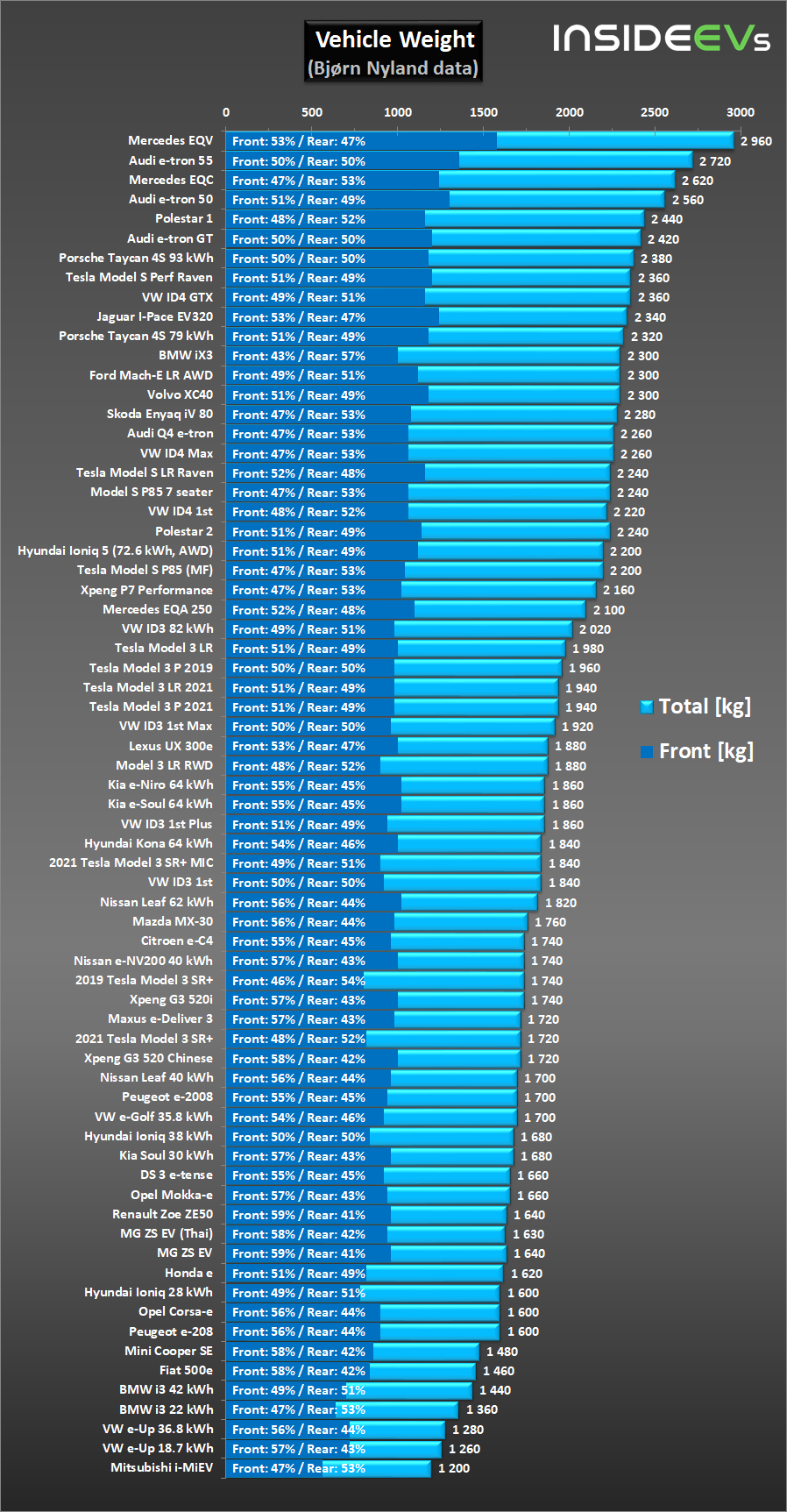University of Melbourne associate professor Milad Haghani argues that utes and SUVs should pay higher registration fees to account for the damage they do to roads because of their weight.
“Bigger cars mean bigger costs for everyone else – it’s only fair those costs are reflected in how we price their use of public roads”, he said.
A one-tonne vehicle is estimated to do approximately 16 times the damage to roads as a vehicle half its weight, while pickup trucks emit roughly 2,040kg of carbon dioxide more per year than small cars, Haghani claims.
“Let’s compare a vehicle with an axle weight of 500kg and a vehicle with an axle weight of 1,000kg. The second vehicle doesn’t produce double the road damage—it produces 16 times the damage. This phenomenon is known as the fourth power rule”, he said.
If road damage is the issue, then electric vehicles (EVs) must pay significantly higher registration fees, given their oversized batteries and excessive weight compared to regular vehicles.

Instead, various Australian state and territory governments provide registration discounts for EVs, including:
- ACT: Lower registration fees for lower-emissions vehicles compared to other vehicle types.
- NT: Free registration for new and existing PEVs, including previously registered vehicles, interstate transfers and imported or modified PEVs.
- QLD: Drivers of hybrid or electric vehicles pay the lowest vehicle registration duty rates in the state.
- SA: A three-year registration fee exemption for new battery electric and hydrogen fuel cell vehicles valued up to $68,750 (inclusive of GST).
- VIC: Light zero and low emission vehicles (ZLEVs) are eligible for a registration discount of up to $100 per year.
There are additional incentives and rebates on offer for EVs, depending on the jurisdiction.
EVs purchased via a novated lease are also exempt from fringe benefits tax (FBT), saving thousands of dollars per year.
The federal government also removed the 5% import tariff on EVs, which lowers the up-front cost, as well as operates a significantly higher luxury car tax threshold for EVs ($91,387) than internal combustion vehicles ($80,567).
Finally, internal combustion vehicles also already pay for their emissions via the 50.6 cents per litre fuel excise, which electric vehicles (EVs) do not pay. As a result, the more fuel a vehicle uses, the more tax it pays.
The reality is that EVs are massively subsidised in Australia, whereas internal combustion vehicles are slugged with taxes.
The unequal tax treatment of EVs results in significant lost revenue for taxpayers and has caused market distortion.
Australia’s governments should cease wasting taxpayers’ money and leave purchasing decisions to consumer preferences and the market.
There are considerably better uses for scarce taxpayer money than subsidising car purchases.

